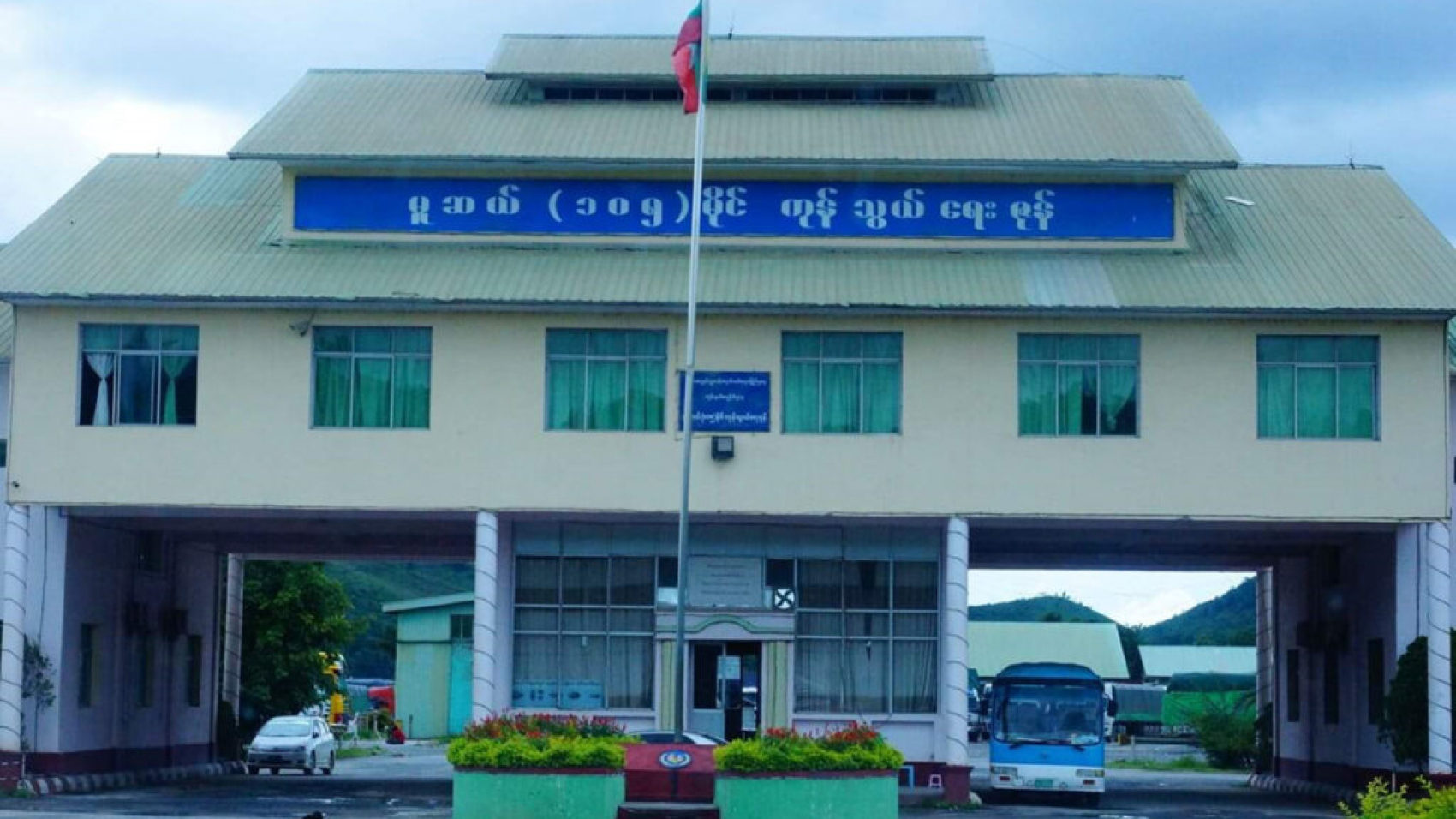The COVID-19 Preventive Task Force in Ruili city notified Muse district-level task force to prevent the
spread of COVID-19 of the temporary suspension on the importation of seven items from Myanmar, including rice, according to the Muse-Namhkam Border Trade Chamber of Commerce. The importation of seven items; rice, broken rice, fresh chilli, goods shipped in the cold chain, frozen goods, fishery products, daily goods, and packaged food commodities will come to a halt through the Wanding-Mangman checkpoint.
This action is a temporary plan of the working group to prevent the cross-border spread of COVID-19, to prevent the infection with science-based tactics according to China’s FDA Law and a rule on export and import food safety, and resumption of the trade flow via Wanding-Mangman point, according to the notification. Amid the closure of cross-border posts with China and China’s policy changes, the value of border trade through a major trading hub Muse border post plunged to US$579.48 million as of 4 March 2022 of the current mini-budget period (Oct 2021- Mar 2022), Myanmar Customs Department’s statistics indicated.
The figure significantly dropped from $2.49 billion recorded in the corresponding period of last Financial Year, according to the Ministry of Commerce. Between 1 October 2021 and 4 March 2022, Myanmar’s exports to China through the Muse land border were valued at $555.5 million, while imports are worth $23.96 million. The trade showed a slump in both exports and imports against the year-ago period. China shut down all the checkpoints linking to the Muse border amidst the COVID-19 pandemic. The checkpoints next to the Muse border are Nantaw, Sinphyu, Man Wein (Kyalgaung), Kyinsankyawt-Wanding and Panseng- Wanding. Of the checkpoints, Kyinsankyawt has resumed trading activity from 26 November on a trial run.
Myanmar delivers rubber, various beans and pulses, dried plum, watermelon, muskmelon and other food commodities to China through Kyinsankyawt with the use of a Chinese short-haul trucking service. Myanmar trucks are restricted to enter China side. However, there is a shortage of Chinese truck drivers. As a result of this, the cost of Chinese short-haul trucking tremendously rose. Only when China eases the restriction can the trucking rate drop, a trader engaged in Muse trade zone elaborated.
Additionally, China’s new Customs Regulation and mandatory quarantine process posed some hurdles in the border market. Traders cannot expect trade facilitation according to the changes in China’s policy during the COVID-19 pandemic. Myanmar normally exports agricultural products including rice, beans and corns, and fishery products such as crab, prawn, etc. Furthermore, Myanmar’s natural gas export to China is also conducted through the Muse-Ruili border. The raw CMP materials, electrical appliances and consumer goods are imported into the country. The Muse border post witnessed $4.057 billion worth of Sino-Myanmar border trade last financial year2020-2021, including exports worth $2.9 billion and imports worth $1.15 billion.
Source: The Global New Light of Myanmar

